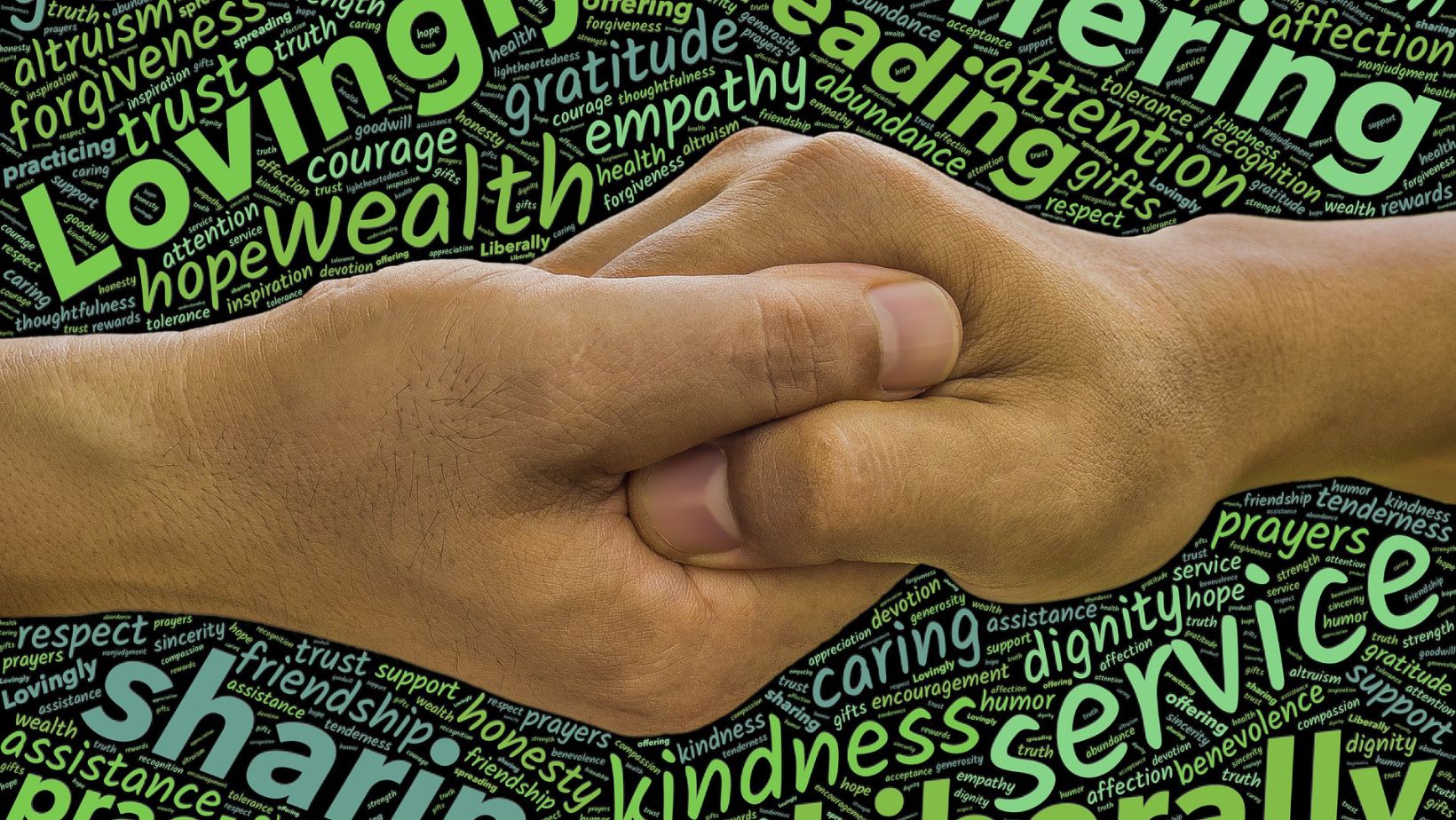In a world filled with preconceived notions about personal and societal norms, naturism emerges as a philosophy that challenges the conventional. By advocating for nudity as a natural state, naturists seek not only to commune with nature in its purest form but also to establish a social environment rich in empathetic connections and authentic interactions. This article explores how the practice of naturism can lead to a deeper understanding of empathy, facilitating connections that transcend the barriers set by clothing.
Naturism, or nudism, refers to a lifestyle of non-sexual nudity. Supporters of naturism argue that being naked in social settings promotes a sense of freedom, equality, and openness that often transcends into deeper, more meaningful human connections. Naturism is not just about the removal of clothes but is an invitation to return to nature and to redefine what’s essential about existence: simplicity, honesty, and respect.
Several studies have illustrated the positive psychological impacts of naturism. A notable 2017 study published in the Journal of Happiness Studies found that participating in naturist activities promoted higher body image, higher self-esteem, and greater life satisfaction. Stripping away clothing strips away, to some extent, layers of societal pressures about body image and material possessions. Within a naturist setting, where bodies in their varied real forms are visible and accepted, there is little space for judgment or inadequacy, creating an environment where personal acceptance can flourish.
Empathy, the ability to understand and share the feelings of another, is crucial in establishing genuine human connections. Naturism fosters empathy in several unique ways:
In nudity, social hierarchies tied to clothing and outward appearances dissolve. Without the usual indicators of wealth, social status, or fashion sense, interactions become less prejudiced. This exposure and vulnerability often breed a sense of communal empathy, as individuals can see more of their own struggles and humanity in others.
Naturists often report that communication is more straightforward and more genuine in a naturist setting. When physical barriers are removed, so too are many social and interpersonal barriers. Conversations can delve into personal and meaningful subjects more quickly, fostering a genuine understanding among participants.
Being nude enhances one's sensory experiences — the feel of the breeze, the warmth of the sun, the touch of grass under feet — which can heighten one's perception of the environment and enhance emotional responses. These heightened experiences can help individuals be more attuned not only to their surroundings but also to the emotions and needs of others around them.
The naturist movement is often geared towards not only individual freedom but also communal welfare. Naturist communities are built on principles of respect, consent, and mutual understanding — elements that are also foundational to empathic interaction.
Naturism also challenges societal norms and prompts broader social discussions about privacy, shame, and the human body's role in culture. By normalizing the human body in all its forms, naturism argues for a world where empathy is extended to all, irrespective of physical appearance.
Naturism extends into planned activities and gatherings, including beach outings, yoga classes, sports events, and more. These events not only promote health and wellness but also provide ample opportunities for practicing and experiencing empathy within a supportive community.
Despite its benefits, naturism faces criticisms stemming from cultural, religious, and moral beliefs. Overcoming these prejudices requires continuous dialogue and education about the naturist philosophy, emphasizing respect for personal choices and the inherent dignity of all human beings.
How naturism is perceived and practiced can vary widely around the world, influenced by local cultures, climates, and laws. In some European countries like Germany and France, naturism is relatively widespread and legally accepted, while in other parts of the world it still faces significant legal and cultural hurdles.
Naturism offers more than just the freedom of nudity. It advocates for a lifestyle of simplicity and openness that can significantly enhance emotional well-being and social connectivity. By fostering a culture of empathy, naturism encourages a deeper connection with oneself, with others, and with nature itself. As society evolves, it could be worth reconsidering the potential of naturism to contribute to a more empathetic and connected world.
Exploring and understanding diverse lifestyles like naturism not only broaden one's perspective but also enrich the societal tapestry with greater acceptance and compassion. In doing so, we pave the way toward a society where everyone can feel a little freer, both inside and out.



